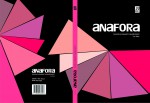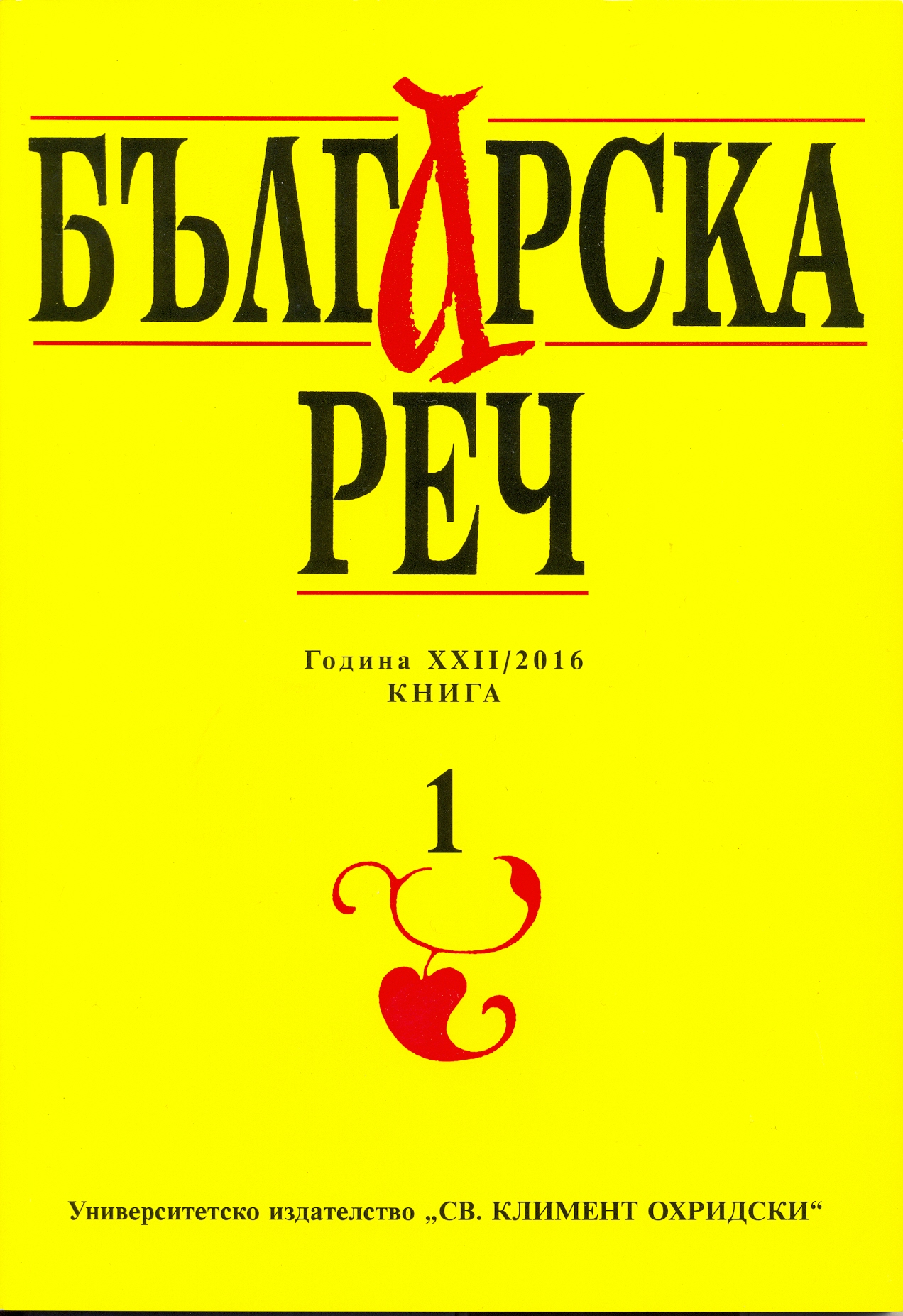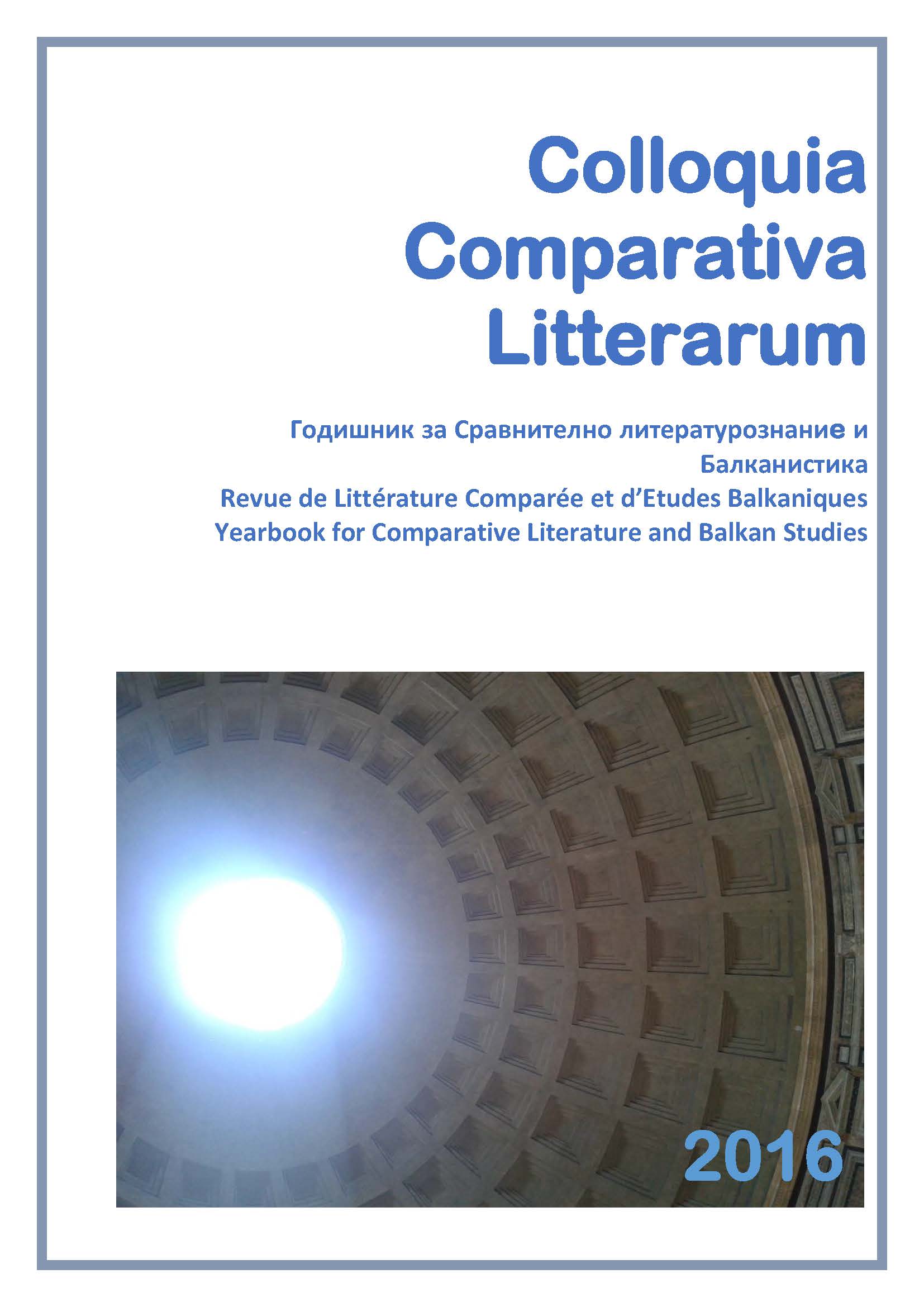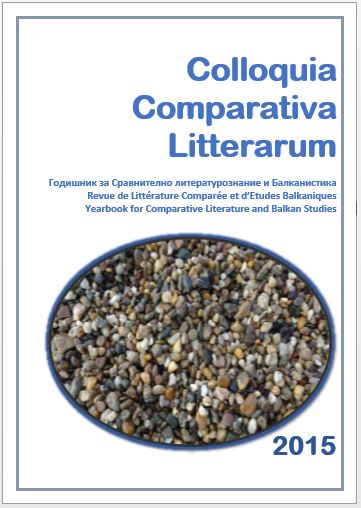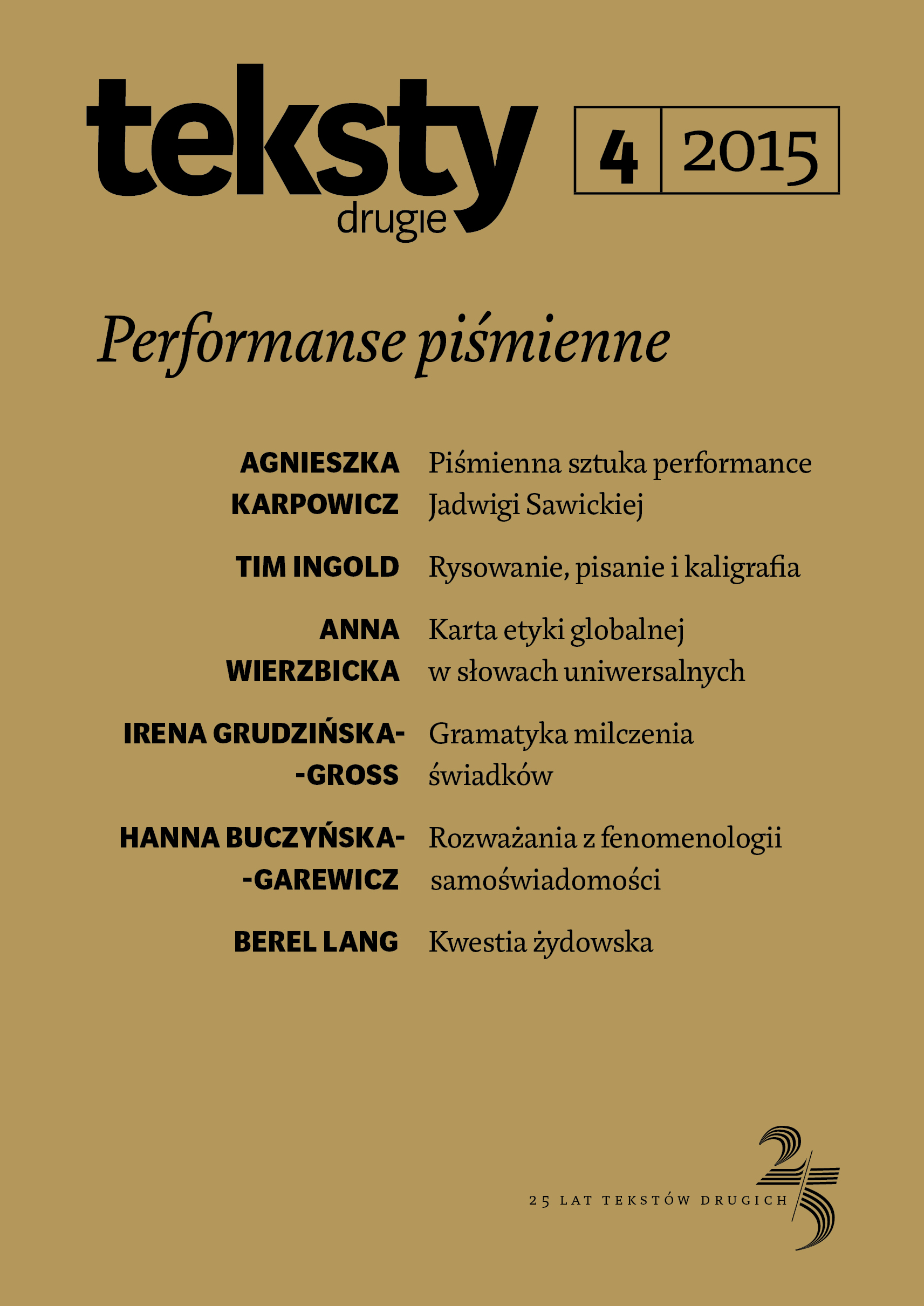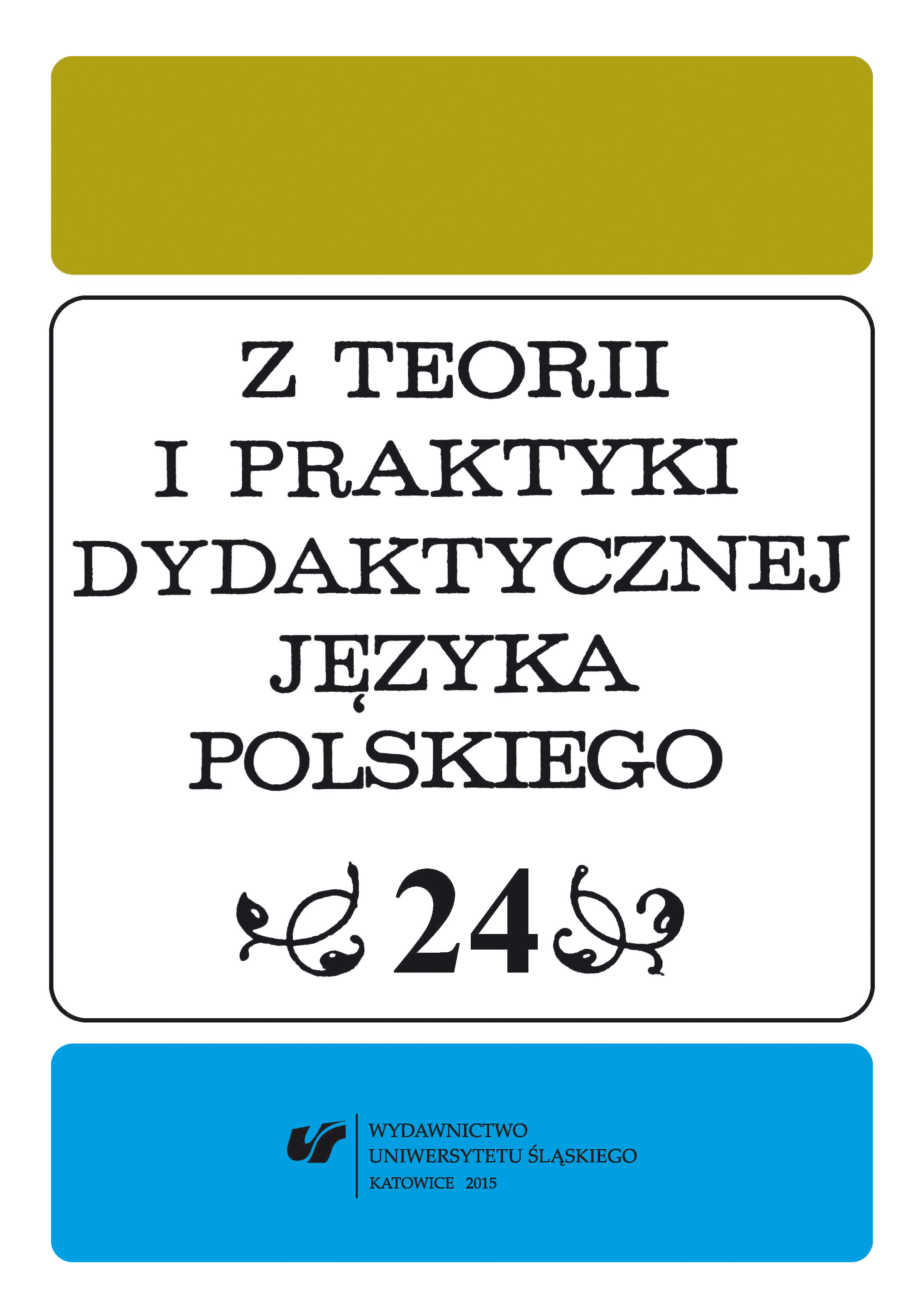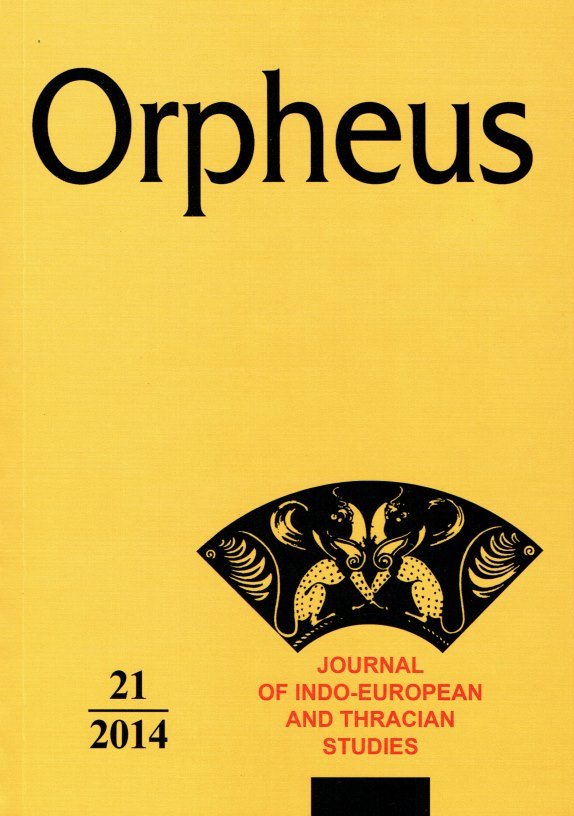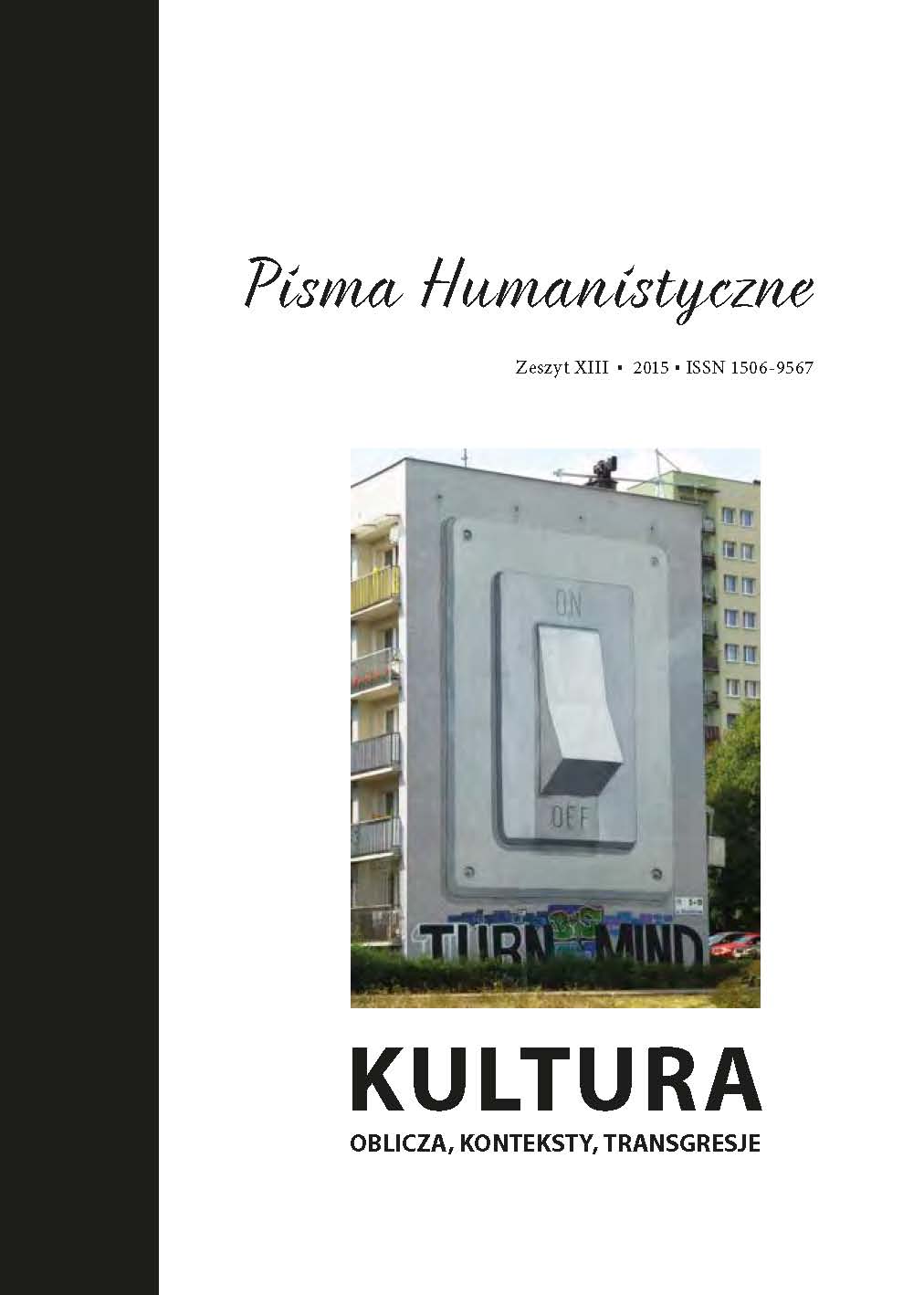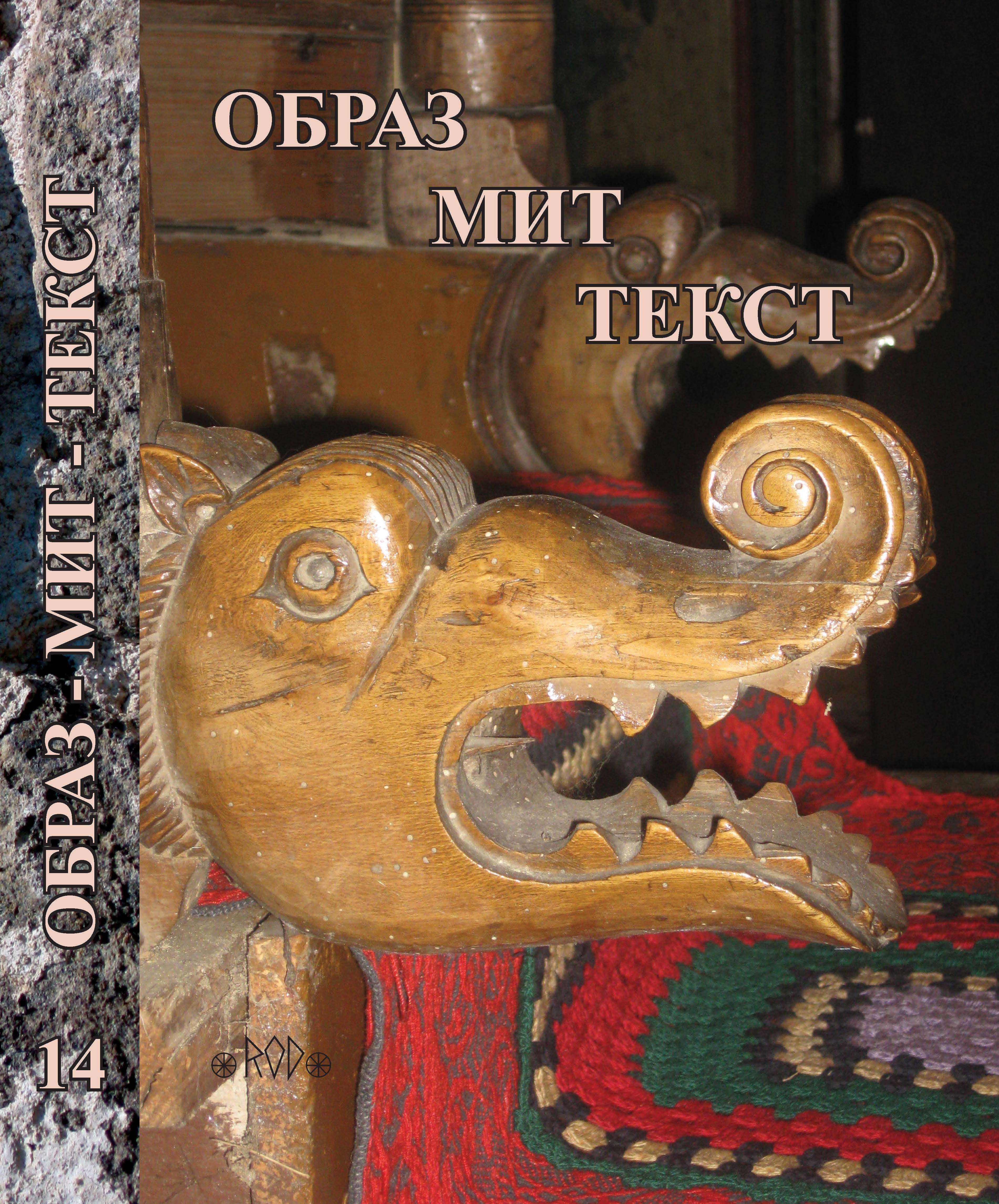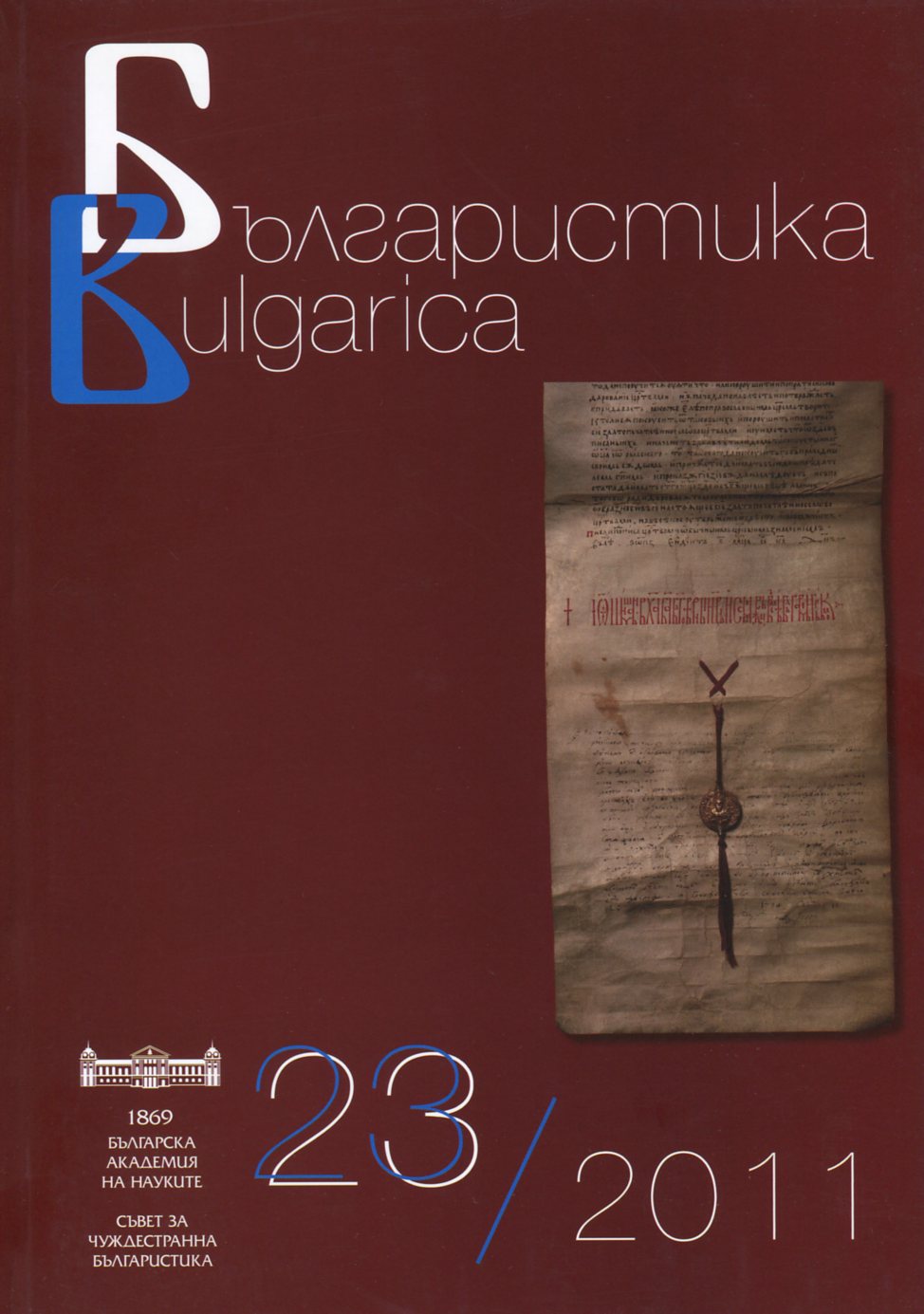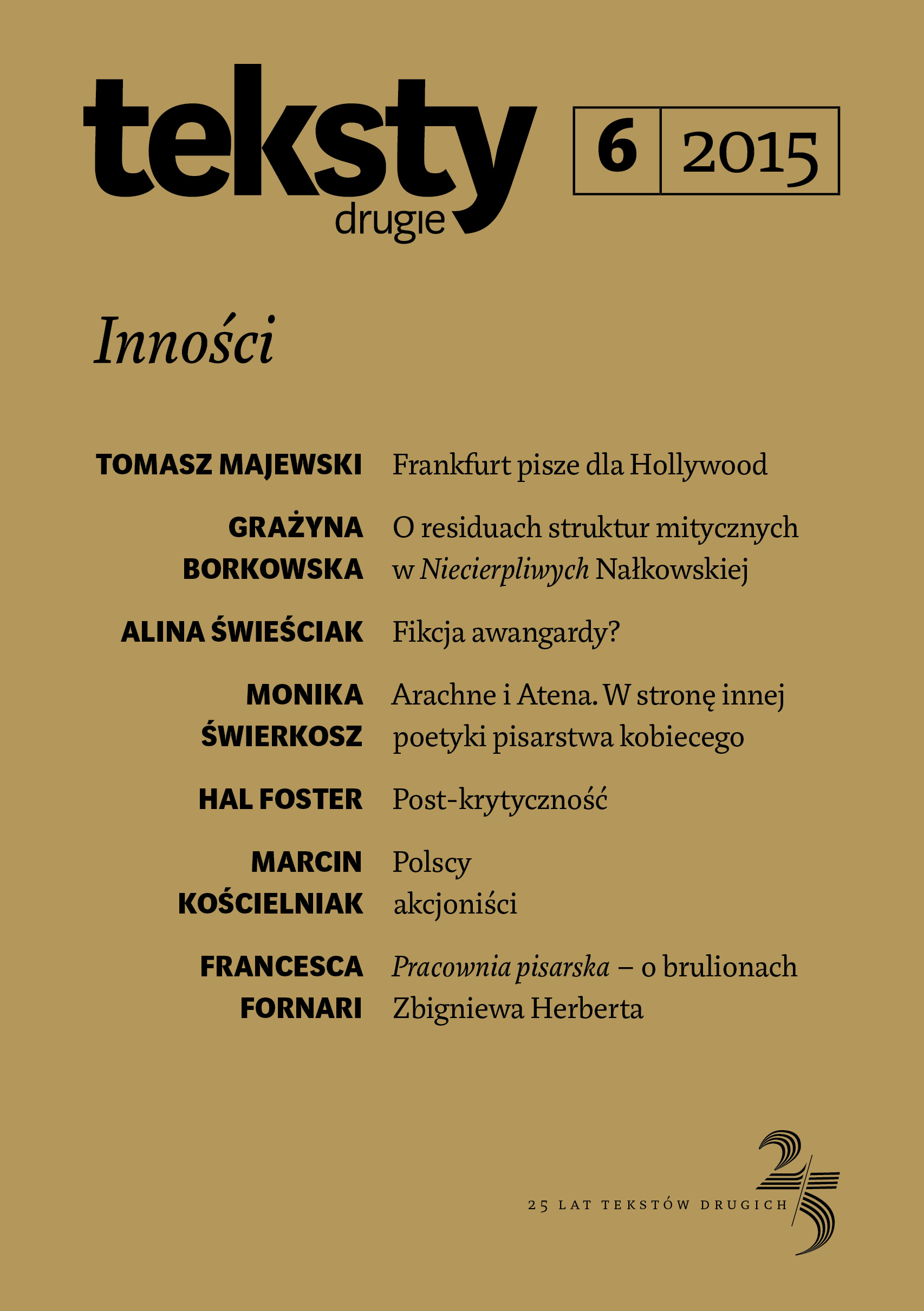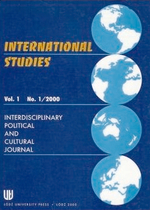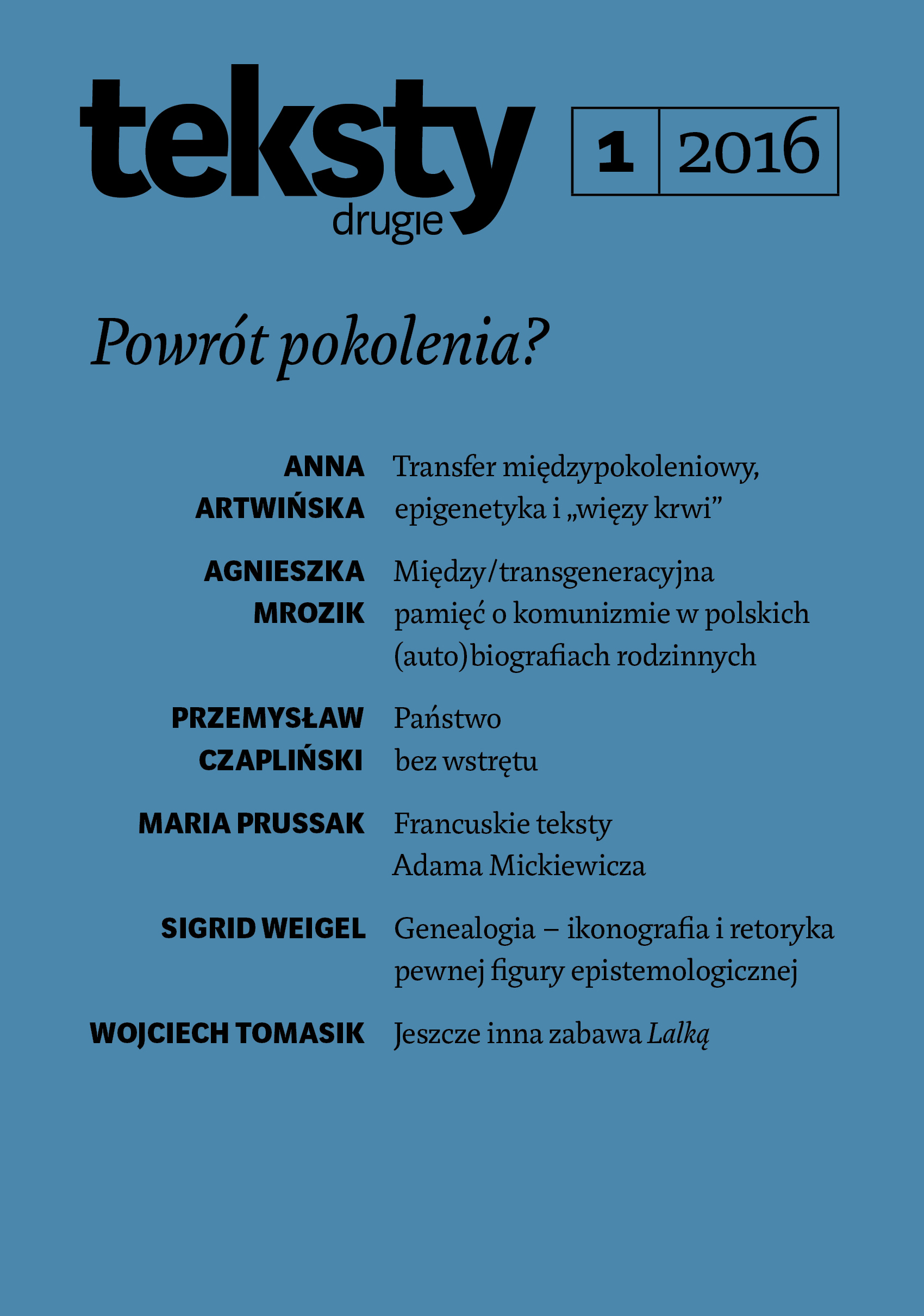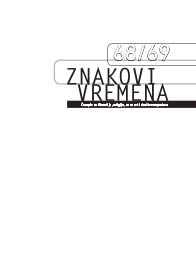
O doktorskoj disertaciji Milivoja Mirze Abdurahmana Malića
Milivoj Mirza Abdurahman Malić is one of the first South Slav Iranianists who were educated in Western European university centres. Malić passed the viva voce examination for his doctoral thesis in 1935 at the Sorbonne, and published it in Paris in the same year. The topic of his thesis was Bulbulistan, the work of Fawzī Mostārī, a Bosnian-Herzegovinian author who wrote in Persian and Turkish languages in the second half of the seventeenth and the the first half of the eighteenth century. This article presents a critical overview of Malić’s doctoral thesis.
More...
